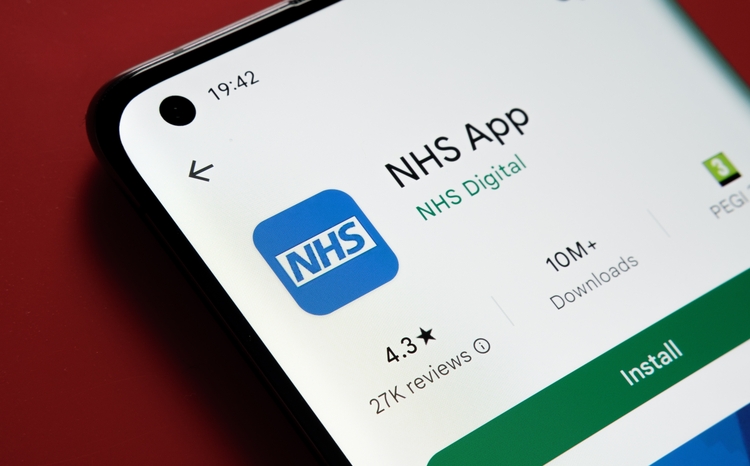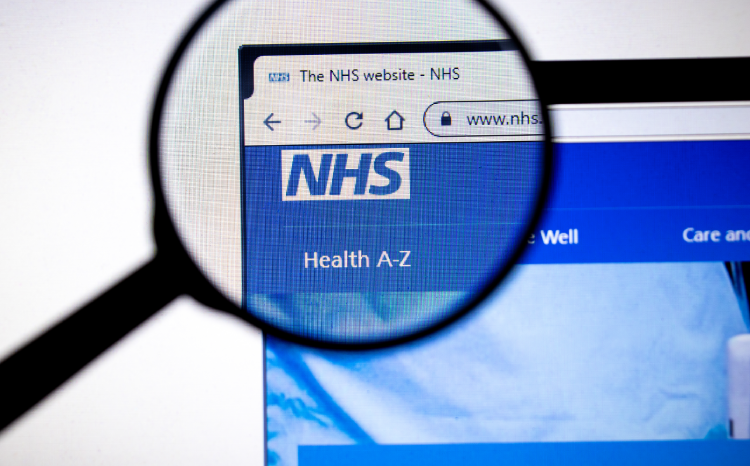EPRs essential for HES expansion plans
- 22 July 2013

Hospitals will need electronic patient record systems to meet NHS England’s “ambitious” plans for extracting a hugely expanded hospital dataset from April 2014.
A consultation starts today on the commissioning board’s proposal to require a much larger dataset be electronically provided by hospitals from the start of the next financial year.
NHS England proposes to extract data including all tests and results, investigations performed and medications prescribed, as well as nursing observations.
The expanded Hospital Episode Statistics dataset will ultimately be linked with a primary care dataset due to start being extracted from GP systems later this year, to create new Care Episode Statistics.
NHS England acknowledges that the majority of trusts do not have the IT systems necessary for the planned extractions, but says trusts will have to work with commissioners to get the technology in place.
NHS England chief data officer Geraint Lewis told EHI that current HES data is incomplete.
“Within NHS England we have quite an ambitious plan about what kind of hospital data we think should start flowing so commissioners know much more about what’s happening in hospitals,” he said.
This includes all tests and results, what investigations were performed and medications prescribed as well as nursing observations, he explained.
Lewis said NHS England has powers under the 2012 Health and Social Care System to direct the Health and Social Care Information Centre to start extracting this data from hospitals.
“It’s important to stress that we want this to be an extraction of data from electronic systems, we don’t want to create extra burden on staff.
“But in reality there’s only a very small minority of hospitals at the moment that have got the systems in place to provide all this data,” he added.
“We don’t make any apologies for that. The illustrative dataset suggested is taken from a number of leading NHS hospitals.
"The best can already do this and the Francis report has made it clear that all the other hospitals need to raise their game, so it’s very ambitious.”
NHS England expects trusts to start sending data in April 2014, but is aware that most hospitals will not be able to achieve this.
“They will need to work with local commissioners on improvement plans so they can start sending in data on the same level as the best hospitals,” Dr Lewis said.
He added that the main driver for improving data quality and recording information electronically should be for clinical benefit.
“The incentive to clinicians in the main is that they record high quality data. For example, with e-prescribing we know that leads to immediate improvements in patient safety because the system can pick up wrong doses or drug interactions.
“But we make the case in this discussion for all the additional benefits that can be seen. If you’re a frontline clinician, it will help you benchmark yourself against best practice elsewhere in the country.
“I don’t think anyone would argue against better use of data, so this is more about how we go about doing this in the most reasonable way.”
Dr Lewis said timeframes for implementing the plans are part of the consultation.
NHS England has previously said trusts will have until April 2014 to have plans for electronic record keeping in place with deployment expected by April 2015.
The consultation will also explore the issue of penalties for trusts that do not meet deadlines.
NHS England’s director of patients and information Tim Kelsey has previously said trusts will face financial penalties if they fail to have the necessary systems in place in time.
Starting today and closing on 16 September, NHS England is inviting feedback on the plans from the public and stakeholders.




